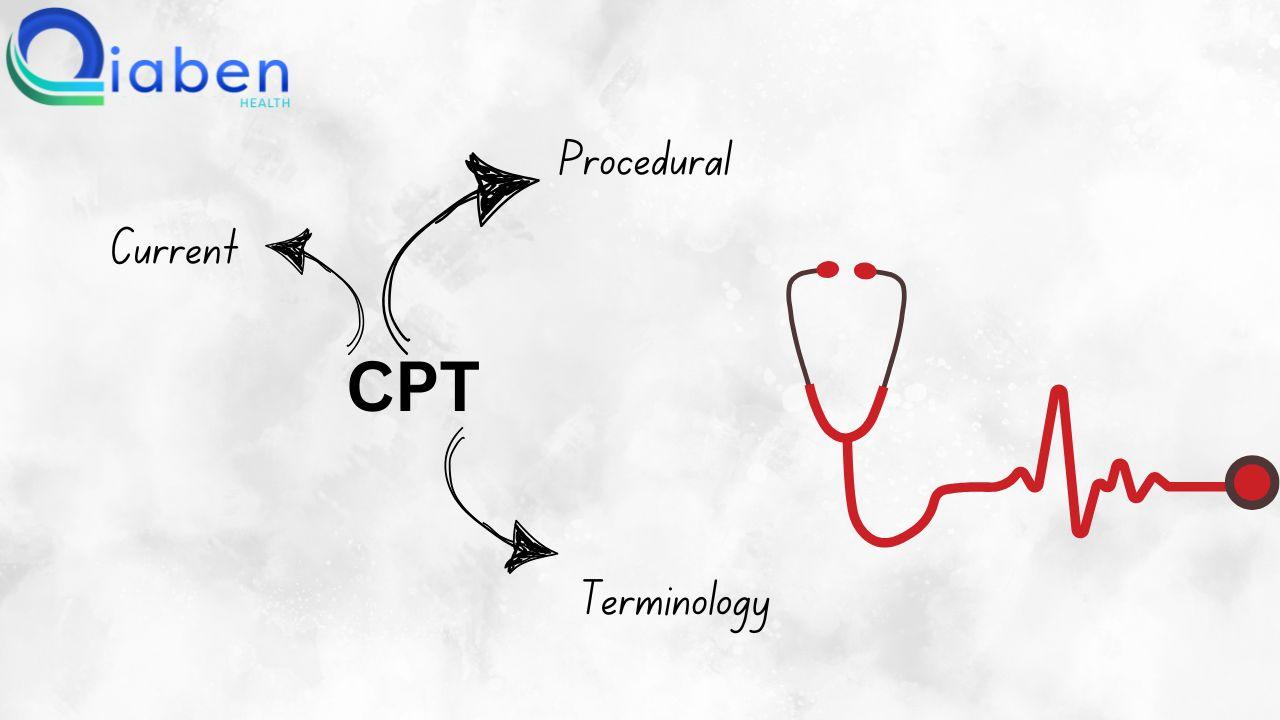The COVID-19 pandemic has accelerated the adoption of remote healthcare services, and this trend is expected to continue. As a practitioner, I have seen first hand the benefits and challenges of remote health services. In this blog post, I will share my insights on the increased focus on remote healthcare, including the benefits, challenges, and best practices for implementation.

Benefits of Remote Healthcare:
- Increased access to care: Remote healthcare services can reach patients in remote or underserved areas.
- Enhancing patient convenience: Virtual consultations let patients receive care from home, reducing wait times and eliminating the hassle of scheduling appointments during work hours.
- Improved patient engagement: Remote healthcare services can improve patient engagement and satisfaction.
- Reduced costs: Remote healthcare services can reduce costs by reducing the need for hospitalisations and readmissions.
- Reduced Risk of Infection: Remote care limits in person contact. It protects vulnerable populations (elderly, immunocompromised).
- Better Resource Management:Remote healthcare reduces overcrowding in clinics and hospitals, allowing healthcare systems to allocate resources more efficiently. This enables practitioners to serve more patients while optimizing available medical staff and facilities.
Challenges of Remote healthcare:
- Technical issues: Remote healthcare services can be affected by technical issues such as connectivity problems, poor video quality, and audio delays.
- Security concerns: Remote healthcare services must ensure the security and confidentiality of patient data, which can be a challenge.
- Reimbursement: Remote healthcare services may not be reimbursed by payers, which can be a challenge for healthcare providers.
Best Practices for Remote healthcare Implementation:
- Develop a comprehensive Remote healthcare program that includes clinical, technical , and operational components.
- Invest in technology that can support high-quality Remote healthcare services, such as video conferencing software and mobile apps.
- Establish clear policies and procedures for Remote healthcare services, including patient consent and confidentiality.
- Educate patients on the benefits and functionalities of remote healthcare, helping them understand how to access and utilise available services effectively. This includes providing clear instructions, resources, and support to enhance their confidence and engagement in managing their health remotely.







